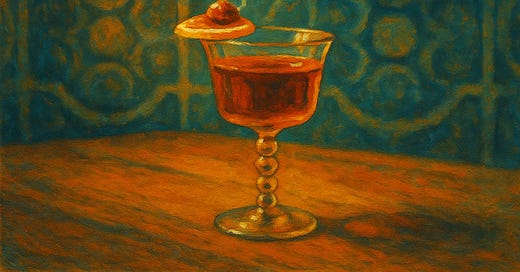Upgrade to paid to play voiceover
London’s character changes dramatically in the sprawling stretch between Liverpool Street Station and Kingsland High Street. The route begins between the towering skyscrapers of the city’s inner core—an overdeveloped neighbourhood full of suits, expensive office buildings, and apartments only oligarchs can afford. Then, quite suddenly, the wide pavement…




